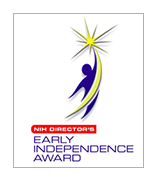2020 Awardees
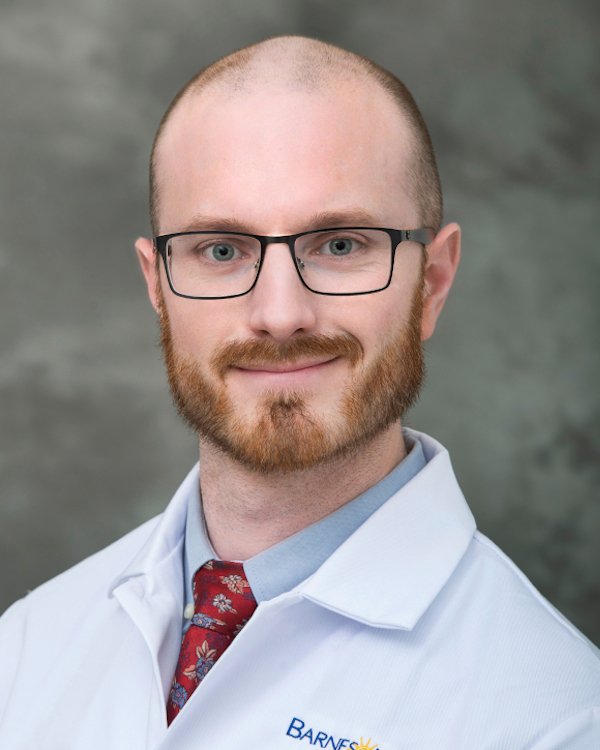
Adam L. Bailey, M.D., Ph.D.
University of Utah
Project Title: Determinants of Yellow Fever Pathogenesis in Humans
Grant ID: DP5-OD029608
Adam earned his BA at Colgate University and his MD and PhD degrees at the University of Wisconsin-Madison. He completed a research post-doctoral fellowship and residency training in Clinical Pathology at Washington University in St. Louis. Adam's clinical training has informed his approach to understanding complex systemic viral diseases including viral hemorrhagic fever and COVID-19. Adam's research will initially focus on dissecting the mechanisms governing coagulopathy in yellow fever, with the goal of developing broadly-applicable host-directed therapies to treat viral hemorrhagic fever.
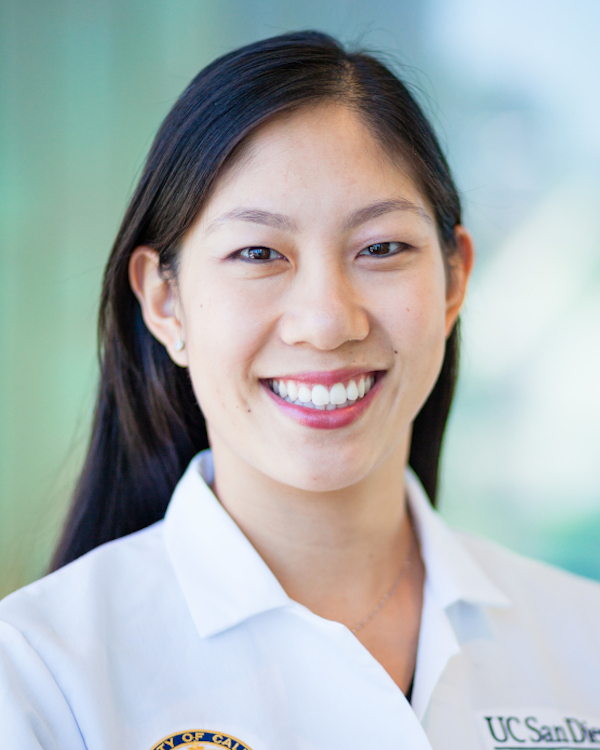
Sally L. Baxter, M.D., M.Sc.
University of California San Diego
Project Title: Multi-Modal Health Information Technology Innovations for Precision Management of Glaucoma
Grant ID: DP5-OD029610
Sally Liu Baxter is an Assistant Professor of Ophthalmology and Biomedical Informatics at the University of California San Diego. She was an Angier B. Duke Scholar at Duke University, where she received her B.S. in Biology; a United States Marshall Scholar at the London School of Hygiene & Tropical Medicine, where she received an M.Sc. in Public Health; and a 21st Century Scholar at the Perelman School of Medicine at the University of Pennsylvania, where she earned her M.D. degree. She completed her ophthalmology residency training at UCSD, as well as a National Library of Medicine postdoctoral fellowship in biomedical informatics. In addition to providing comprehensive ophthalmology care to a diverse population of patients, she directs a laboratory conducting research investigation at the intersection of ophthalmology and informatics. Her work focuses on health information technology integration into clinical workflows, predictive modeling, natural language processing, and big-data analytics in ophthalmology.
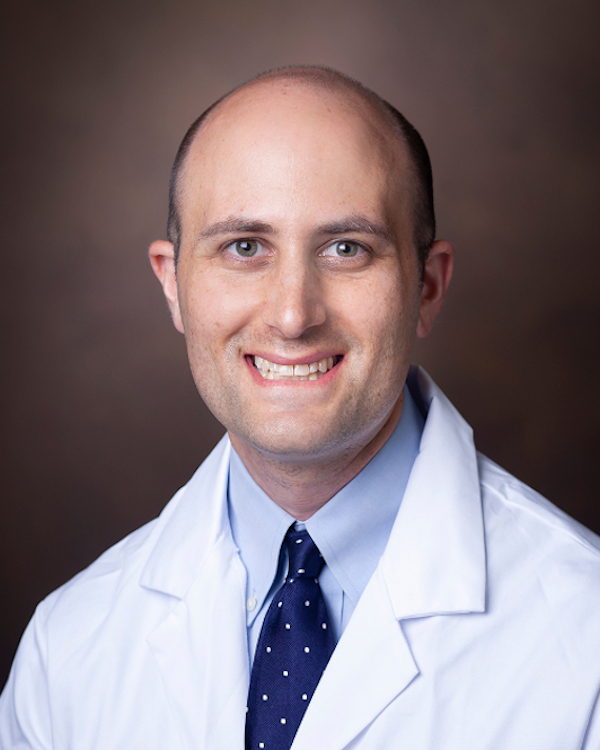
Alexander Bick, M.D., Ph.D.
Vanderbilt University Medical Center
Project Title: Targeting Clonal Hematopoiesis of Indeterminate Potential Using Human Genetics
Grant ID: DP5-OD029586
Funded by the National Institute on Aging
Alexander Bick is an Assistant Professor of Medicine at Vanderbilt University and an internal medicine physician at Vanderbilt University Medical Center. He completed his M.D. and Ph.D. degrees in the Harvard-MIT M.D.-Ph.D. program and residency in Internal Medicine at Massachusetts General Hospital. His scientific observations have advanced our understanding of the genetic basis for cardiovascular disease, characterized molecular disease mechanisms and identified both the promise and limitations of translating genomic findings into routine medical practice. His laboratory currently focuses on how the interplay between inherited and acquired genetic mutations contribute to aging diseases.
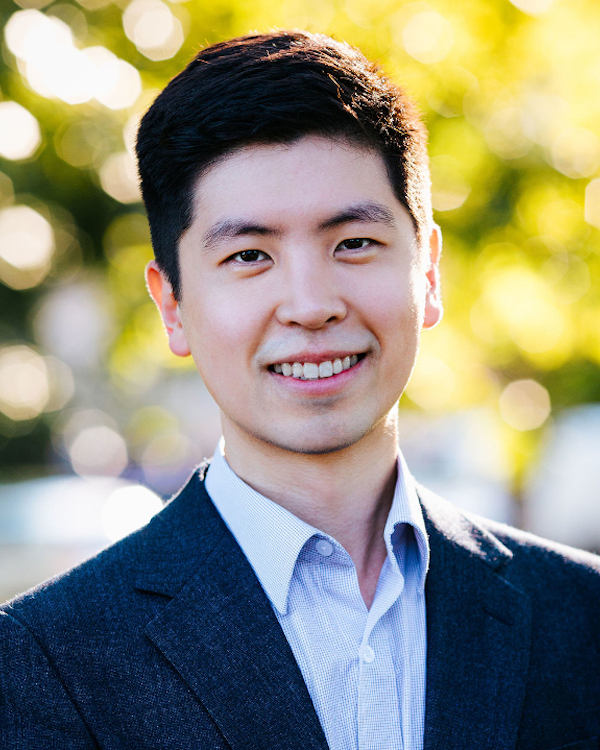
Hyunghoon (Hoon) Cho, Ph.D.
Broad Institute of MIT and Harvard
Project Title: Computational Methods for Enhancing Privacy in Biomedical Data Sharing
Grant ID: DP5-OD029574
Hyunghoon (Hoon) Cho is a Schmidt Fellow at the Broad Institute of MIT and Harvard. He uses mathematics, cryptography, and machine learning to enhance the information we can gather from massive biomedical datasets. He is especially interested in solving problems in the areas of biomedical data privacy, single-cell genomics, and network biology. A key focus of his research is to broaden data sharing and collaboration in biomedical research by developing secure methods for sharing and analyzing sensitive data from individuals. He works closely with the Broad’s Data Sciences Platform. Hoon received his Ph.D. in electrical engineering and computer science at MIT, advised by Bonnie Berger, and also holds an M.S. in computer science and a B.S. with honors in computer science from Stanford University.
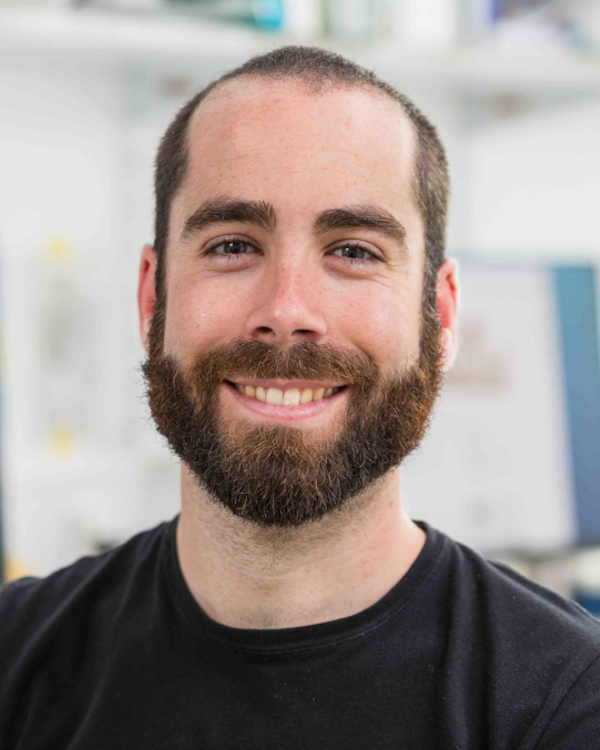
Moisés Expósito-Alonso, Ph.D.
Carnegie Institution for Science and Stanford University
Project Title: Predicting and Controlling Polygenic Health Traits Using Probabilistic Models and Evolution-Inspired Gene Editing
Grant ID: DP5-OD029506
Moisés Expósito-Alonso is a Staff Associate at Carnegie Institution for Science, Department of Plant Biology, and Assistant Professor (By Courtesy) of Biology at Stanford University. He received a B.Sc. in biology from the University of Seville, Spain, and an M.Sc. degree in quantitative and population genetics from the University of Edinburgh, Scotland, UK. He then earned his Ph.D. in ecological genomics in 2018 from the Max Planck Institute for Developmental Biology, Germany. His lab uses computational and genetic engineering approaches inspired by evolution to understand how complex interactions between mutations and environments shape health traits and adaptation.
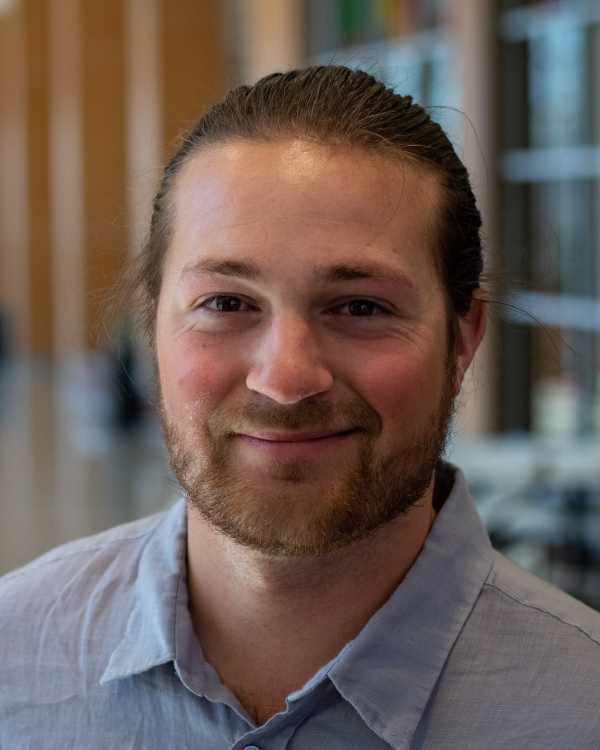
Jacob A. George, Ph.D.
University of Utah
Project Title: Patient-Centered Rehabilitation and Dexterous Assistive Devices for Stroke Patients Using Bionic Exoskeletons Controlled by Non-Invasive Electromyography
Grant ID: DP5-OD029571
Funded by the Eunice Kennedy Shriver National Institute of Child Health and Human Development
Dr. Jacob A. George is currently an Adjunct Assistant Professor in the Division of Physical Medicine and Rehabilitation at the University of Utah, and a foundational researcher for the Craig H. Neilsen Rehabilitation Hospital. He received his B.S. in Biomedical Engineering and a certificate in Computational Science and Engineering from The University of Texas at Austin, and his M.S. and Ph.D. in Biomedical Engineering from the University of Utah. Dr. George’s research seeks to augment biological neural networks with artificial neural networks and bionic devices to treat neurological disorders and further our understanding of neural processing. Working at the intersection of artificial intelligence, robotics, and neuroscience, Dr. George’s lab is developing biologically-inspired artificial intelligence and brain-machine interfaces to restore and/or enhance human function. For more information, please visit: https://faculty.utah.edu/~JacobGeorge.
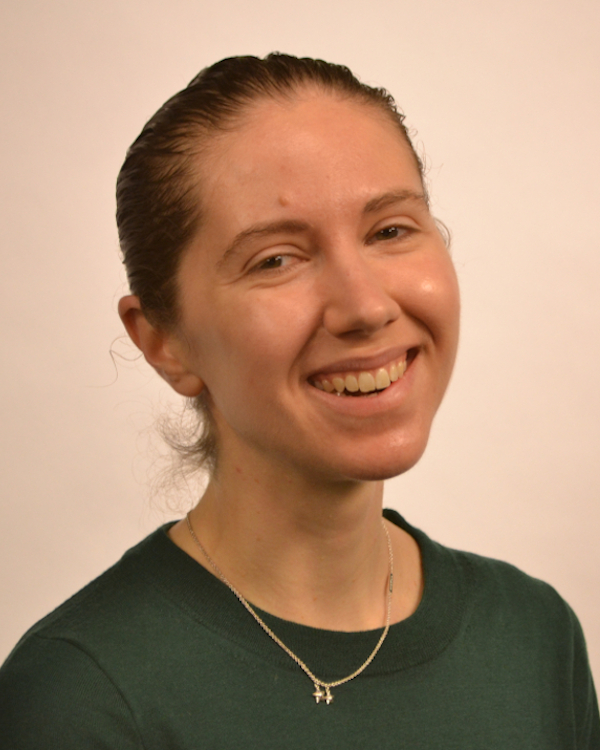
Sarah J. Hill, M.D., Ph.D.
Dana-Farber Cancer Institute, Brigham and Women's Hospital, and Harvard Medical School
Project Title: Dissecting the Interaction Between DNA Damage Repair Defects and the Tumor Microenvironment
Grant ID: DP5-OD029637
Sarah Hill is currently a Member of the Faculty in the departments of Medical Oncology and Molecular and Cellular Oncology at Dana-Farber Cancer Institute and an Associate Pathologist at Brigham and Women’s Hospital in Boston, MA. Her lab focuses on understanding the contribution of DNA damage repair defects to ovarian carcinogenesis and therapeutic sensitivity and resistance. She utilizes complex ex vivo organoid co-cultures containing tumor, immune, and stromal cells to dissect how the interaction of tumor cells with the stroma and immune cells changes as the tumor cells mature through treatment selection-induced loss of DNA damage repair defects, all with the hope of utilizing this understanding to be able to prevent a broadly resistant tumor microenvironment. She completed her A.B. at Harvard College in Biochemical Sciences and then went on to earn a M.Sc. in Biochemistry at Oxford University as a Rhodes Scholar. Upon returning from England, she entered the Harvard M.D./Ph.D. program and earned her M.D. and Ph.D. from Harvard Medical School where she worked with David M. Livingston at Dana-Farber Cancer Institute to study the role of the BRCA1 tumor suppressor in the DNA damage response in breast and ovarian cancer. Upon graduation from the Harvard M.D./Ph.D. program, she trained in anatomic pathology at Brigham and Women's Hospital where she also completed her Women's and Perinatal Pathology Fellowship. She joined the faculty at Dana-Farber Cancer Institute/Harvard Medical School shortly after completing her pathology residency, and details about the Hill Lab can be found at https://hilllab.dana-farber.org/.

Chi-Min Ho (Mimi), Ph.D.
Columbia University
Project Title: Molecular Basis of Effector Protein Export in the Malaria Parasite Plasmodium falciparum
Grant ID: DP5-OD029613
Chi-Min Ho (Mimi) is an Assistant Professor in the Department of Microbiology & Immunology at Columbia University. Research in her lab focuses on understanding how membrane protein complexes mediate host-pathogen interactions in malaria parasites. Her lab uses single-particle cryoelectron microscopy (cryoEM) to determine near-atomic resolution structures of novel protein complexes enriched directly from malaria parasites, and in situ cryoelectron tomography (cryoET) to directly visualize these protein complexes at the host-pathogen interface in parasite-infected erythrocytes at sub-nanometer resolution. To accomplish this, she and her team develop and apply novel approaches that combine cutting-edge techniques in malaria parasite gene-editing, single-particle cryoEM, and in situ cryoET to overcome longstanding barriers to high resolution structural study in malaria parasites. After earning her B.A. in Molecular and Cell Biology at the University of California, Berkeley, Mimi worked on membrane protein structure determination in Professor Robert Stroud's lab at the University of California, San Francisco, and small molecule drug discovery in Infectious Diseases at the Novartis Institutes for Biomedical Research in Emeryville, CA before earning her Ph.D. in Biochemistry, Biophysics & Structural Biology at the University of California, Los Angeles under the mentorship of Professor Hong Zhou. For her doctoral work, Mimi used single-particle cryoEM to elucidate the structure and mechanism of an essential malarial membrane protein complex known as the Plasmodium Translocon of Exported Proteins (PTEX), which she purified directly from malaria parasites via an epitope tag inserted into the endogenous locus of a PTEX subunit using CRISPR-Cas9.
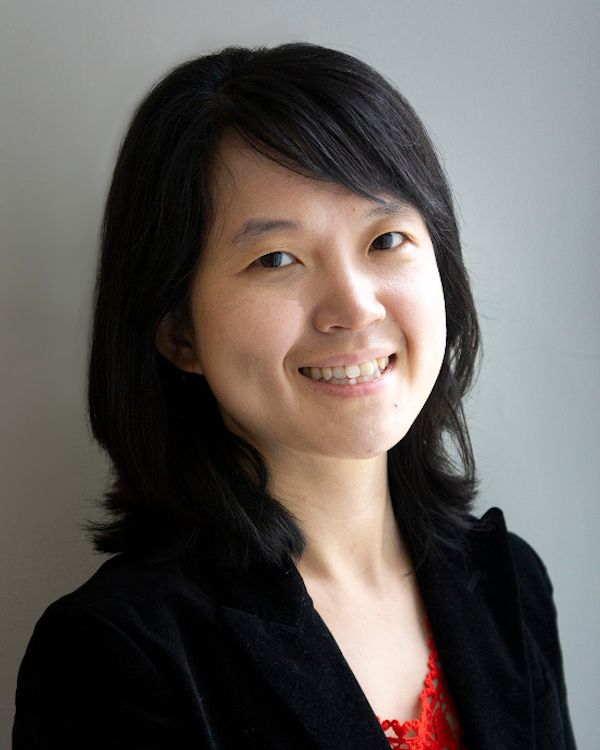
Anna S. Nam, M.D.
Weill Cornell Medicine
Project Title: Defining Malignant Hematopoiesis Via Single-Cell Multi-Omics
Grant ID: DP5-OD029619
Anna Nam is an Assistant Professor of Pathology and Laboratory Medicine at Weill Cornell Medicine (WCM). She received her MD at University of Missouri; during this time, she was selected for the Howard Hughes Medical Institute-NIH Research Scholars (‘Cloisters’) Program and conducted research under the mentorship of Dr. Larry Fisher. She completed her residency training in Anatomic Pathology and fellowships in Hematopathology and Molecular Genetics Pathology at WCM. During her clinical training, she conducted single-cell genomics research with Dr. Dan Landau at WCM and the New York Genome Center. Her laboratory seeks to elucidate the molecular mediators of genotype-to-phenotype relationships in hematopoietic neoplasms, and is supported by the Burroughs Wellcome Fund Career Awards for Medical Scientists.

Ijeoma Opara, Ph.D., M.S.W., M.P.H.
Yale School of Public Health, Yale University
Project Title: Understanding the Role of Neighborhoods on Urban Youths Substance Use and Mental Health: A Community-Based Substance Abuse Prevention Project
Grant ID: DP5-OD029636
Dr. Ijeoma Opara is an Assistant Professor in the Department of Social & Behavioral Sciences at the Yale School of Public Health. Dr. Opara is the founding director of the Substance Abuse and Sexual Health (SASH) lab (www.oparalab.org) at Yale where she and her team engage in strengths-based approaches to reducing youth substance use, eliminating sexual health disparities, and improving mental health outcomes for Black and Hispanic youth through community-based participatory research methods. Dr. Opara earned her PhD in Family Science and Human Development from Montclair State University, a Master of Social Work from New York University, a Master of Public Health in Epidemiology from New York Medical College and a Bachelor of Arts in Psychology from New Jersey City University. The long-term objective of Dr. Opara’s research program is to develop gender and culturally-tailored substance use, HIV/STI and mental health prevention interventions for racial-ethnic minority youth in urban communities.
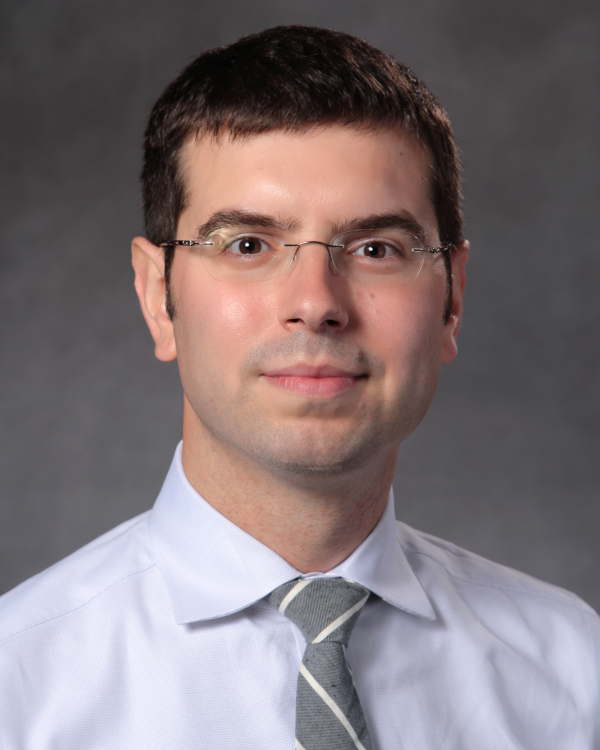
Andrew B. Stergachis, M.D., Ph.D.
University of Washington
Project Title: Investigating the Contribution of Non-Coding Genetic Variation to Rare Disorders
Grant ID: DP5-OD029630
Funded by the National Human Genome Research Institute
Andrew B. Stergachis is an Assistant Professor of Medicine in the Division of Medical Genetics at the University of Washington. Andrew received his undergraduate degree in Biochemistry and Chemistry from the University of Chicago, and his MD and PhD in Genome Sciences from the University of Washington. He completed a combined residency in Internal Medicine and Medical Genetics and Genomics at the Brigham and Women’s Hospital and Harvard Medical School. Dr. Stergachis’ research focuses on how alterations in the non-coding genome impact human health and disease. To address this question, his laboratory develops single-molecule chromatin fiber sequencing approaches to unravel the biological impact of non-coding genetic and epigenetic variants (www.stergachislab.org).
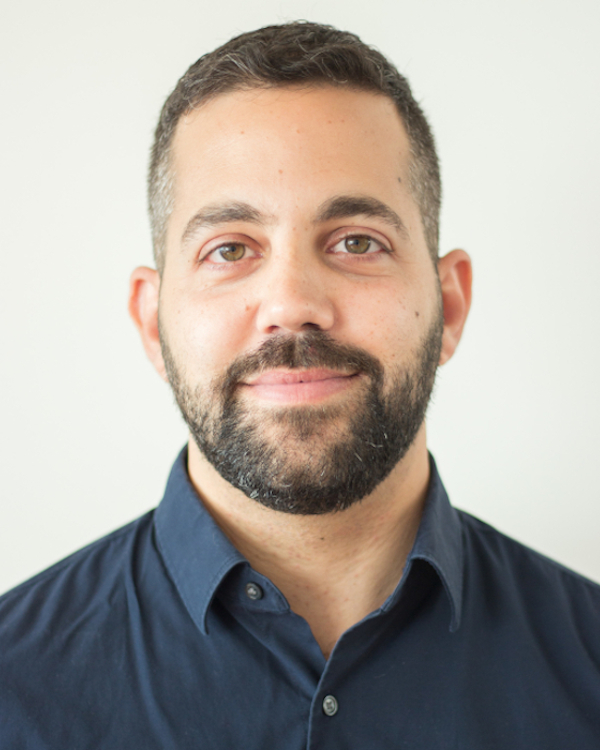
Jotham Suez, M.Sc., Ph.D.
Johns Hopkins University Bloomberg School of Public Health
Project Title: The Role of Non-Nutritive Sweeteners-Microbiome Interactions in the Pathogenesis of Metabolic Syndrome
Grant ID: DP5-OD029603
Dr. Jotham Suez is an Assistant Professor in the Molecular Microbiology and Immunology Department at Johns Hopkins Bloomberg School of Public Health. In his graduate work at the Weizmann Institute of Science, Dr. Suez demonstrated that the bacteria naturally residing in our gut, the microbiome, can serve as the missing link required to resolve conflicting reports in human trials, concerning efficacy and safety of non-caloric sweeteners and probiotics. Inspired by these discoveries, the mission of the Suez Lab is to promote human health and inspire solutions for public health issues through the lens of the microbiome. We take a microbial ecology approach to understand the interactions between bacteria, viruses, and fungi in the mammalian gut, as well as the mechanisms underlying their cross-talk with the host systems and environmental stimuli (nutrients, exogenous microorganisms). Through a combination of multi-omics analysis of microbiome and host, human trials and experimental model systems, we strive to promote precision medicine, improve the efficacy and safety of existing therapeutics, and develop microbiome-based and microbiome-targeting therapies.
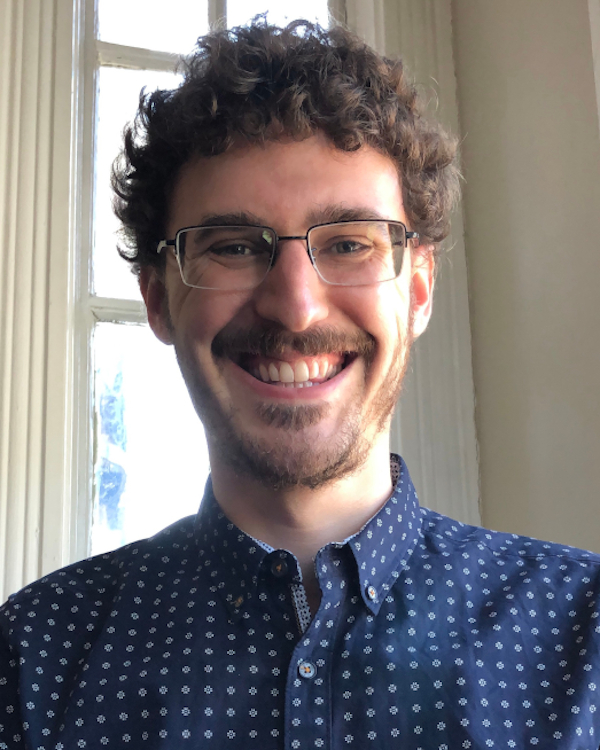
Waring "Buck" Trible, Ph.D.
Harvard University
Project Title: The Molecular Basis of Caste Development and Evolution in Ants
Grant ID: DP5-OD029792
In my research I apply the tools and concepts of modern molecular biology to address fundamental questions in non-traditional model organisms. I am particularly captivated by the unique biology of ants. Ants are eusocial insects and have evolved a number of features of their biology, such as pheromone communication and extreme phenotypic plasticity, that allow them to coordinate their behavior and form coherent societies. I believe that mechanistic studies of these and other highly derived phenotypes will produce new insights that cannot be attained by studying traditional model systems. My goal is to discover entirely new molecular mechanisms that will have wide ranging implications in the biomedical sciences, including human health and agriculture.


